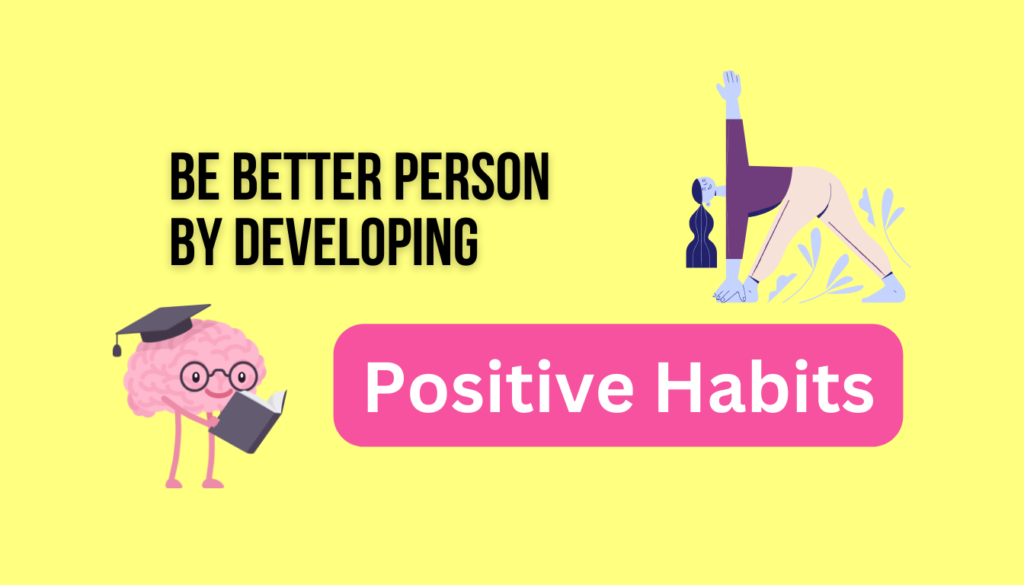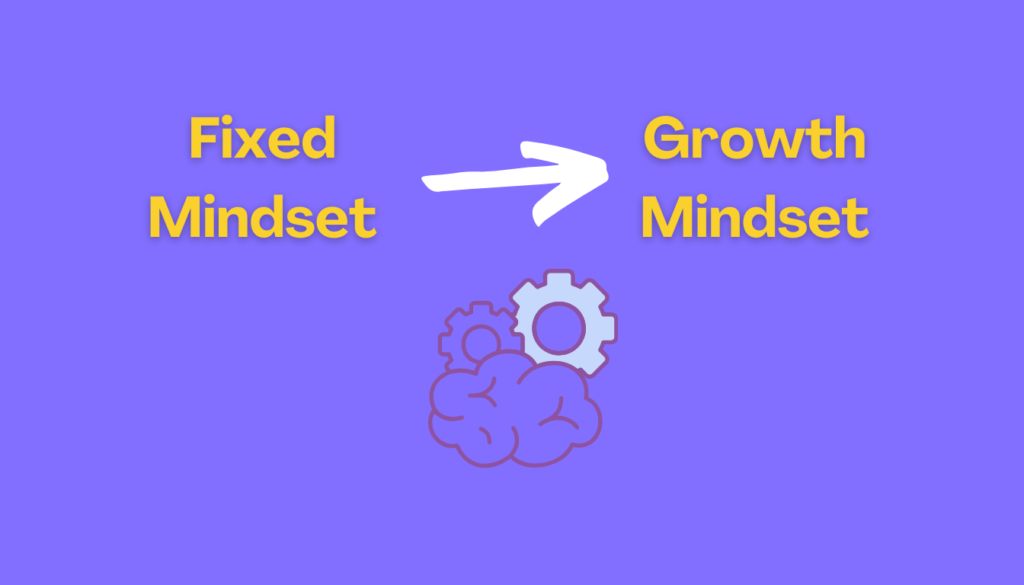Do you feel not confident, have a hard time with compliments, or talk bad about yourself?
You might have low self-esteem.1 Knowing the signs of low self-worth is the first step to feeling better about yourself.
This article highlights 10 signs that could mean you have low self-esteem. It also explains why these feelings happen and how to feel more positive about yourself.
What is Low Self-Esteem?
Poor self-esteem isn’t a mental illness, yet it can change how we think and feel. It may lead us to behave in certain ways.1
Some signs of low self-esteem are easy to see. But at other times, seeing these signs is tricky.
For example, those with low self-esteem might say bad things about themselves. Others work hard to please everyone.2 In both situations, feeling unworthy can hurt life and health.
Low self-esteem often shows in many ways:
- not feeling sure of oneself,
- depending on others too much,
- seeing ourselves as worse than others,
- not wanting to ask for help,
- monthly and yearly big worries and doubts,
- not feeling good even when being praised,
- talking down about oneself,
- being scared to not succeed,
- not looking forward to what comes next,
- not being good at making limits,
- more worried about others than oneself.1
1. Lack of Confidence
People with low self-esteem often lack self-confidence. Low self-esteem can cause this problem.
At the same time, having poor confidence can make self-esteem worse or add to it.1
Feeling sure about yourself and what you can do is vital. It means you trust yourself to handle various situations.
This trust makes you feel ready for whatever comes your way, boosting your whole being.
It’s key to find ways to boost your confidence. Learning and mastering new skills can help. This can lower stress and anxiety caused by a lack of confidence.1
2. External Locus of Control
People with low self-esteem think they can’t control their life happenings.1 They may feel unable to change things for themselves or the world.
This is called an external locus of control. It makes them feel powerless to overcome their issues.3
Studies show that when facing uncontrollable events, having high self-esteem can help.1 It lessens the impact of feeling like you can’t change things.
This, in turn, is good for your mental health.
So, if you feel stuck and powerless, boosting your self-esteem can make a difference.
3. Negative Social Comparisons
Sometimes, looking at others can help us feel good about ourselves. But, comparing too much can hurt how we see ourselves.1
People who don’t feel very good about themselves might look at those doing better. They may compare to feel motivated to do better. However, if they mostly feel bad or hopeless, it can make things worse.1
Social media is big in this comparing game, making self-esteem drops more common.1 4 5
Do you ever feel down after seeing others on Facebook or Instagram? It might be affecting how you see yourself.1
4. Trouble Asking for Help
If someone feels bad about themselves, they might find it hard to ask for help.
Feeling shy or embarrassed can make not asking easier. This happens because asking for help can feel like admitting you’re not good enough.1
People with low self-esteem often think they’re not worth helping. They don’t put their own needs first. So, they have trouble speaking up when they need something.
Studies show that people who don’t think much of themselves might struggle with setting limits in friendships.1
Not having clear boundaries can lead to trouble. People may invade your time and space, causing stress. This lack of respect can lower your self-worth.1
If you don’t feel good about yourself, you might try too hard to please others. Looking for validation this way can be harmful.1
Often, this leads to forgetting your own needs. You might say yes to things out of guilt, even when you want to say no.
5. Difficulty Accepting Compliments
People with low self-esteem often find it hard to take compliments.
An important study from 2017 showed that low self-esteem makes it tough to accept or use compliments.6 They may not trust kind words, feeling they don’t deserve them.6
Those with self-esteem issues might think others are not sincere or even mean.6
In the U.S., we put a big value on humility and modesty. So, it’s not easy for many to hear and accept kind words.7
This is especially true for women and girls. They might struggle because they’re supposed to not show off.7
Also, people from collectivist cultures find it hard. Their culture emphasizes being humble.7
Being unable to take compliments could signal low self-worth or low self-esteem.7
Those with these issues might have seen their parents or caregivers struggle with the same thing.7
For some, it’s a fear of standing out that makes it tough to accept praise.7
Compliments can mean a lot or not much, depending on the person. Therapists say it’s good to look at how you react to kind words. This helps you understand yourself better.7
Just because you accept a compliment doesn’t mean you have to fully agree. It’s mostly about seeing things from another’s point of view.7
Getting help from a therapist can really make a difference. Especially if you find it hard to accept compliments or you have issues with self-esteem.7
6. Negative Self-Talk
Low self-esteem can make people focus on what’s wrong, not right. They don’t cheer themselves on with good words.
Instead, they say bad things about themselves. This is called negative self-talk.8 It makes people feel less motivated and more helpless.8 It can even lead to depression and more stress.8
When bad things happen, those with low self-esteem often blame themselves. They pick on their looks, who they are, or what they can do8.
This makes them feel even worse and can hurt how they get along with others.
However, talking to yourself in a kind and positive way is linked to being successful. Studies with athletes show this.8
7. Fear of Failure
Some people doubt their ability to succeed due to low self-esteem.9 This may lead them to avoid challenges or quit too soon.9
They might get upset when things don’t go well or cover up how they feel.9 Often, they make excuses or try to make tasks seem less important.9
Fear of failing is called atychiphobia and is an intense, ongoing worry caused by anxiety and depression.9 Those who set unrealistically high standards might be perfectionists, worried they won’t succeed.9
Signs can include feeling anxious, avoiding tasks, or feeling like they’ve lost control.9 Physical signs might be a fast heart rate, chest pain, shaking, feeling dizzy, sweating a lot, or stomach issues.9
People with a strong fear of not succeeding might worry that they lack the skills to reach their goals or that they will let others down.9
This kind of fear can come from being criticized, genetic anxiety, how failure is understood, or the need to be perfect.9
Over time, this fear can affect their self-esteem, motivation, and cause self-sabotaging behaviors.9
To overcome this fear, one may try therapies like CBT, take medications, and make life changes.9
Coping strategies include preparing for the worst, focusing on what’s in your control, and seeing failure as a lesson.9
Building self-compassion, taking small steps to confront fears, and rejecting negative thoughts can also be helpful.9
8. Poor Outlook of the Future
Feeling like the future won’t get better is common for some people. They might feel hopeless about things changing for the better.10 This can make it hard for them to try new things that could help.10
When folks think poorly of themselves, they might even stop themselves from succeeding. They do this to avoid facing their deep-down feelings of not being good enough.1
Studies show that seeing yourself in a bad light can stop you from reaching your dreams or feeling truly happy.1
It’s interesting that not thinking highly of yourself is linked to serious mental health issues. This can include feeling very sad or even thinking about ending your own life.1
But, there’s hope. By understanding how a gloomy future view affects you, struggling folks can work on their negative thoughts. This can lead them to see things in a brighter, hopeful way.10
9. Lack of Boundaries
Setting boundaries starts early. Children watching caregivers respect and value them learn how to make good boundaries. They have better views of themselves, too.11
People who do not feel good about themselves might struggle with boundaries. They might worry others won’t like them if they say no. Or they could feel bad setting limits.11
Not having clear boundaries can lead to issues. If others don’t respect personal space or time, it causes stress. It also lowers how much a person feels valued.11
Poor boundaries often point back to not learning them well as kids. Good boundaries help us know our rights and respect others’ separate lives.11
Boundaries can become too weak or too strong if we get too close to our caregivers. This affects how we see ourselves.11
Learning how to set good boundaries is helpful. It can be done through assertiveness training.11
Also, being close to people who set good boundaries can help us do the same and grow more confident.11
Those with low self-esteem struggle with setting boundaries. They might be afraid to set limits. Or they might find it hard to say no when they’re criticized or rejected.1
Trying to get support by acting sad can often make things worse for them.1
10. Being a People-Pleaser
Low self-esteem often leads to people-pleasing.12 To feel better, some might try extra hard to please others.
They put others’ needs before their own.12 This makes them say yes when they really want to say no. They then feel bad for not being able to refuse.12
Studies show link between this and mental health problems like depression and suicidal thoughts.
It’s hard for people-pleasers to turn down requests.13 They can even eat too much when they’re with others because they want to make everyone happy.13
This constant need to please leads to frustration and feeling angry inside.13 They take on too much, which causes stress and worry.13 Meanwhile, they forget what they need themselves.
People who always try to please often hide their true selves from others.13 This makes it tough for them to have real, close bonds.13
Seeking others’ approval all the time can leave them feeling used up.13 Setting clear limits and saying no can kickstart the change.13 They might start by refusing little favors.13
Knowing what’s really important stops them from taking too much on.13 Learning to talk to themselves in a positive way makes it all easier.13
Thinking twice before agreeing to something avoids stress later on.13
Conclusion
Not feeling good about yourself can really hurt you in the long run. It can stop you from sharing your opinions or even cause problems in relationships.
It might also lead to mental health issues or make you think badly about yourself.1
It’s crucial to notice when you’re lacking confidence. Signs can include finding it hard to speak up, overusing “sorry”, or believing you don’t deserve good things.
Changing these habits is the first step to feeling better about yourself.2
Improving your self-esteem can make your life better. It helps you feel more satisfied and joyful. Plus, it makes it easier to believe in yourself.
Many things can lower how you feel about yourself. For instance, not being sure of who you are or where you fit in can impact your self-esteem.
This might make relationships tough, cause sadness, lower your drive, or make it hard to deal with struggles.2
Low self-esteem is also linked to depression and thoughts of suicide. But, there are ways to feel better about yourself.
You can focus on your strengths, celebrate your wins, challenge negative thoughts, and do things that make you happy.2
If feeling bad about yourself lasts and makes daily life hard, get help. A doctor or a mental health expert can support you.
Organizations like Lifeline, Beyond Blue, and Headspace are also there to help.2
By realizing when your self-esteem is low and making changes, you can lead a better life. You can find your true happiness and reach your full potential.
Source Links
- https://www.verywellmind.com/signs-of-low-self-esteem-5185978
- https://www.healthdirect.gov.au/self-esteem
- https://www.verywellmind.com/what-is-locus-of-control-2795434
- https://www.ncbi.nlm.nih.gov/pmc/articles/PMC6266525/
- https://www.ncbi.nlm.nih.gov/pmc/articles/PMC7556555/
- https://medium.com/invisible-illness/when-you-simply-cannot-accept-praise-or-believe-it-1f178e7d64d4
- https://www.huffpost.com/entry/trouble-accepting-compliments-reasons-therapists_l_65f1cc29e4b01707c6d2b404
- https://www.verywellmind.com/negative-self-talk-and-how-it-affects-us-4161304
- https://www.verywellmind.com/what-is-the-fear-of-failure-5176202
- https://talkingcirclestherapy.com/4-signs-of-low-self-esteem-and-therapist-approved-tips-to-improve-confidence/
- https://www.goodtherapy.org/blog/signs-of-low-self-esteem/
- https://www.healthline.com/health/people-pleaser
- https://www.verywellmind.com/how-to-stop-being-a-people-pleaser-5184412





